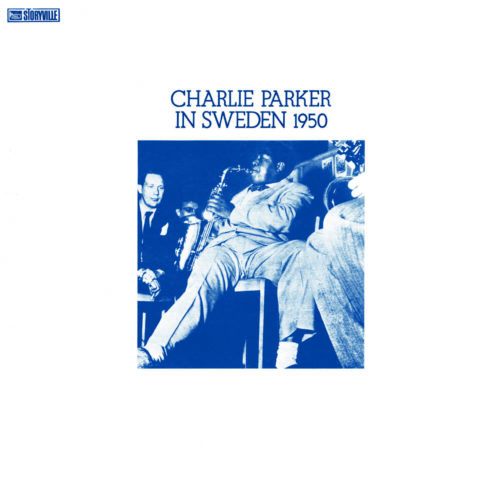Charles “Charlie” Parker, Jr. (August 29, 1920 – March 12, 1955), also known as “Yardbird” and “Bird”, was an American jazz saxophonist and composer. Parker acquired the nickname “Yardbird” early in his career and the shortened form, “Bird”, which continued to be used for the rest of his life, inspired the titles of a number of Parker compositions, such as “Yardbird Suite”, “Ornithology”, “Bird Gets the Worm”, and “Bird of Paradise.Parker was a highly influential jazz soloist and a leading figure in the development of bebop, a form of jazz characterized by fast tempos, virtuosic technique, and improvisation. Parker introduced revolutionary harmonic ideas, including rapid passing chords, new variants of altered chords, and chord substitutions. His tone ranged from clean and penetrating to sweet and somber. Many Parker recordings demonstrate virtuosic technique and complex melodic lines, sometimes combining jazz with other musical genres, including blues, Latin, and classical. Parker was an icon for the hipster subculture and later the Beat Generation, personifying the jazz musician as an uncompromising artist and intellectual, rather than an entertainer.Charlie Parker was born in Kansas City, Kansas, and raised in Kansas City, Missouri, the only child of Charles and Addie Parker. Parker attended Lincoln High School. He enrolled in September 1934 and withdrew in December 1935, just before joining the local Musicians Union. Parker began playing the saxophone at age 11, and at age 14 joined his school’s band using a rented school instrument. His father, Charles, was often absent but provided some musical influence; he was a pianist, dancer and singer on theT.O.B.A. circuit. He later became a Pullman waiter or chef on the railways. Parker’s mother Addie worked nights at the local Western Union office. His biggest influence at that time was a young trombone player who taught him the basics of improvisation.In the late 1930s Parker began to practice diligently. During this period he mastered improvisation and developed some of the ideas that led to bebop. In an interview with Paul Desmond, he said that he spent 3–4 years practicing up to 15 hours a day.Bands led by Count Basie and Bennie Moten undoubtedly influenced Parker. He played with local bands in jazz clubs around Kansas City, Missouri, where he perfected his technique, with the assistance of Buster Smith, whose dynamic transitions to double and triple time influenced Parker’s developing style. In 1938, Parker joined pianist Jay McShann’s territory band. The band toured nightclubs and other venues of the southwest, as well as Chicago and New York City. Parker made his professional recording debut with McShann’s band. As a teenager, Parker developed a morphine addiction while in the hospital, after an automobile accident, and subsequently became addicted to heroin. He continued using heroin throughout his life, which ultimately contributed to his death.



